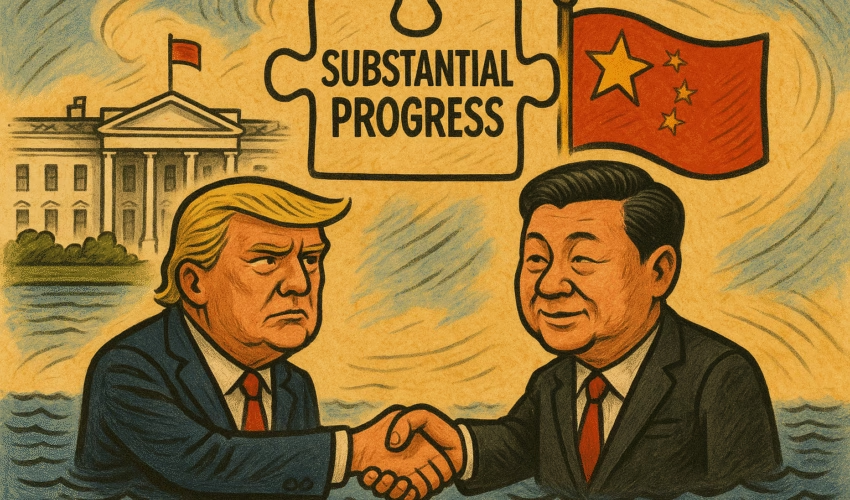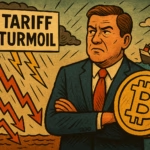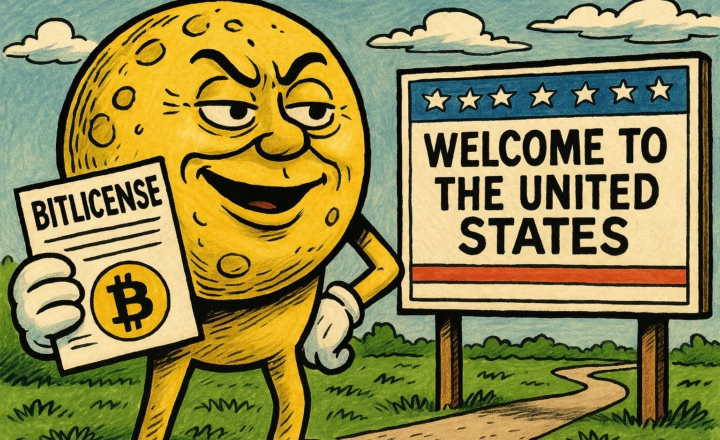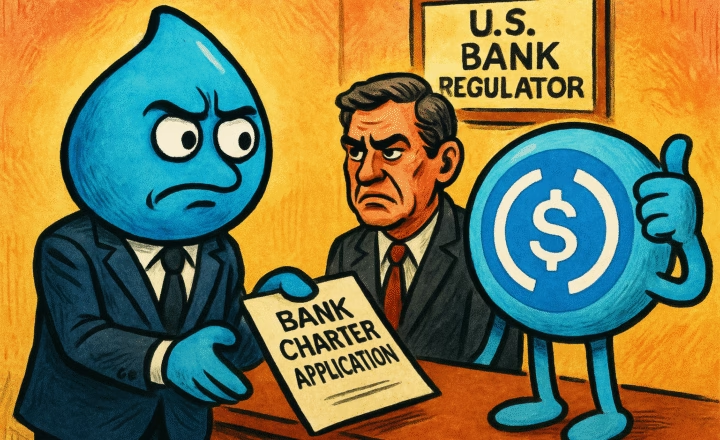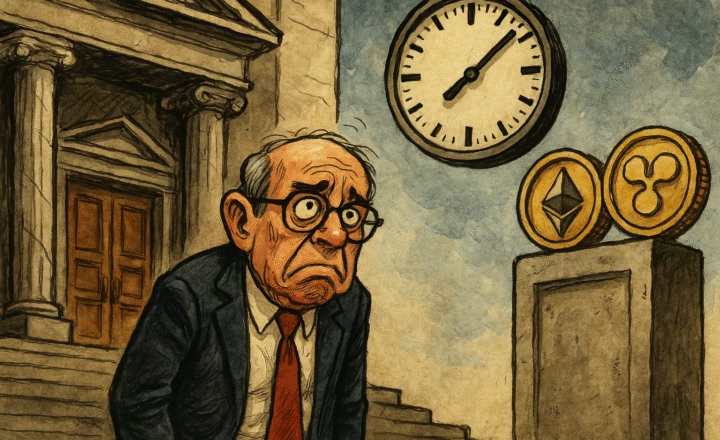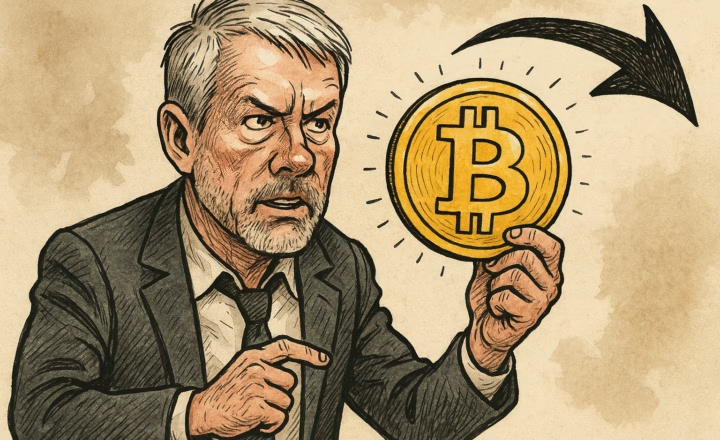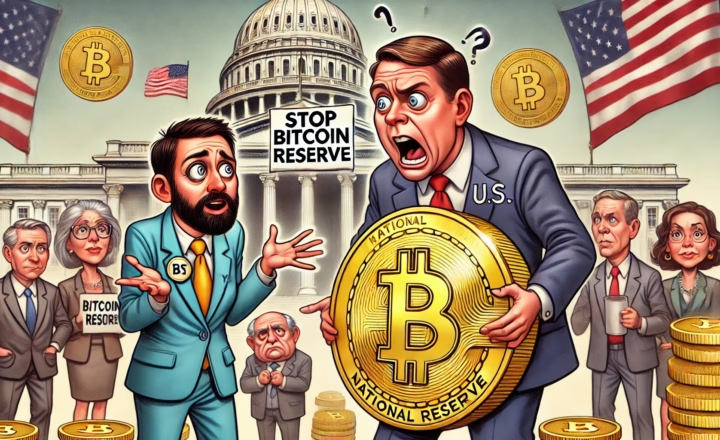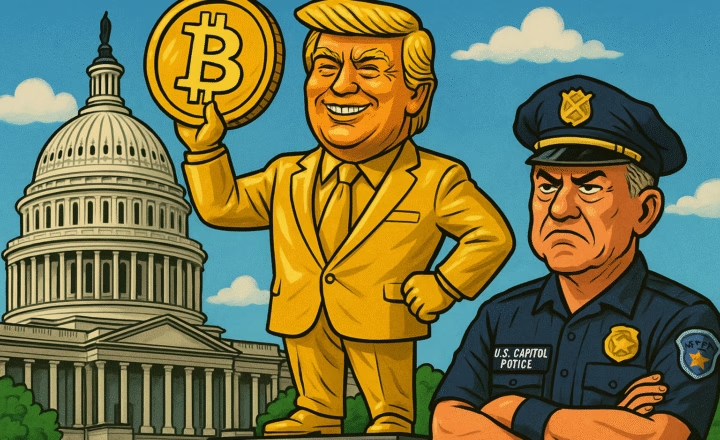Market Skepticism Grows as Officials Avoid the Word “Deal”
The White House has announced that trade talks between the U.S. and China have made what it described as “substantial progress”, but with no confirmed agreement or details, markets remain on edge and investors skeptical.
In a May 11 joint statement, Treasury Secretary Scott Bessent and U.S. Trade Representative Jamieson Greer said negotiations were “productive” but did not confirm the existence of a finalized deal.
“We will be giving details tomorrow, but I can tell you that the talks were productive,” Bessent said, notably avoiding the word “deal” throughout his remarks.
Greer made a vague reference to a forthcoming agreement but failed to disclose any specifics, further fueling uncertainty in financial markets already rattled by months of tariff-driven volatility.
Investor Confidence Wavers Amid Mixed Messaging
Despite the upbeat tone from U.S. officials, the absence of concrete terms — paired with a history of policy reversals under the Trump administration — has left investors unconvinced.
“Until we see terms in writing, we consider this more posturing than progress,” one analyst told Cointelegraph.
Markets continue to recover from the initial price shocks triggered by President Donald Trump’s sweeping trade tariffs, but investor confidence remains fragile amid an ongoing lack of clarity.
Trump’s Tariff Policies Continue to Roil Markets
Since unveiling his aggressive trade tariff agenda, President Trump has been criticized for flip-flopping on key aspects of the policy — sending mixed signals to businesses, consumers, and global partners alike.
In April 2024, U.S. Customs and Border Protection announced tariff exemptions on select technology products, including:
-
Smartphones
-
Computer chips
-
Laptops and consumer electronics
However, just one day later, Commerce Secretary Howard Lutnick walked back the exemptions, stating they would only be temporary pending the administration’s development of a comprehensive tariff framework.
“These exemptions are not permanent,” Lutnick said.
“We are working toward sector-specific tariff tiers.”
The reversal drew sharp criticism from both Wall Street and mainstream economists, many of whom argue that policy instability is discouraging capital investment and distorting global trade dynamics.
Final Thoughts: Uncertainty Still Clouding the Trade Outlook
While the White House’s announcement of “substantial progress” on China trade talks may signal thawing tensions, the lack of transparency, absence of a deal, and ongoing tariff confusion continue to cast a shadow over financial markets.
With official details expected on May 12, investors and analysts alike are bracing for clarity — or more ambiguity — as the Trump administration attempts to craft a policy that balances protectionism with economic stability.
For now, markets are left to navigate headline-driven volatility, and any real relief will likely depend on clear, actionable trade policy — not just optimistic soundbites.

